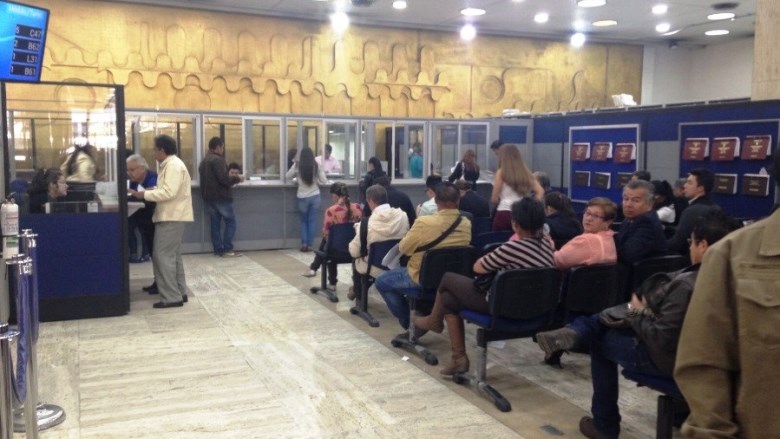Challenge
Often confusing and complex, Colombia’s traditional “written” court system significantly slowed communication and overwhelmed the capacity of courts to respond to citizens’ demands. The result was persistent backlogs. Vulnerable and hard to reach groups were particularly affected by these challenges, due to limited access to information and uneven geographic coverage of justice and mediation services. Successful reform efforts had already targeted the criminal justice system, but there remained gaps in labor, civil, and family courts.
Solution
The Justice Service Strengthening Project was designed to advance legal reforms and enable a transition from the predominantly “written” court system (relying on written correspondence) to an oral system. Building on the World Bank’s Country Partnership Strategy (2008-2011), the project complemented government’s efforts to transition to the oral system in labor, civil, and family courts. Under the new system, many time-consuming written communications were to be streamlined into a single court hearing. The project focused on the cities of Barranquilla, Bogotá, Bucaramanga, Cartagena, Cali and Medellín, while developing the Judiciary’s capacity to improve performance and manage the comprehensive reform process across the country.
Results
The impacts were deepened with an additional focus on improving access to justice services significantly by decentralizing service units, information centers, and creating alternative dispute resolution mechanisms. These interventions helped alleviate grievances and enhance citizen confidence in the justice sector. Specific results included:
Improved performance of civil, family, and labor courts strengthened justice service delivery.
- Court backlogs were reduced by nearly 1,086,000 cases, and productivity increased by an average of 389 cases per judge per year.
- Through efficiency gains, 234 courts incurred savings of approximately US$92,000 per court per year.
- Training and evaluation of 89 percent of Judiciary staff improved performance and productivity, in accordance with national reforms and the General Judicial Process Code.
Access to justice services was expanded, particularly to vulnerable groups.
- Establishment of 14 decentralized facilities expanded access to justice services for a user base of over 350,000 citizens.
- Establishment of 14 permanent user information offices to disseminate justice sector standards of accountability, transparency, and effectiveness, increased awareness of citizens’ rights and duties
- Creation of 55 certified mediation centers and support for an additional 30 increased the system’s reach to 165,000 users (an increase of 825 percent).
